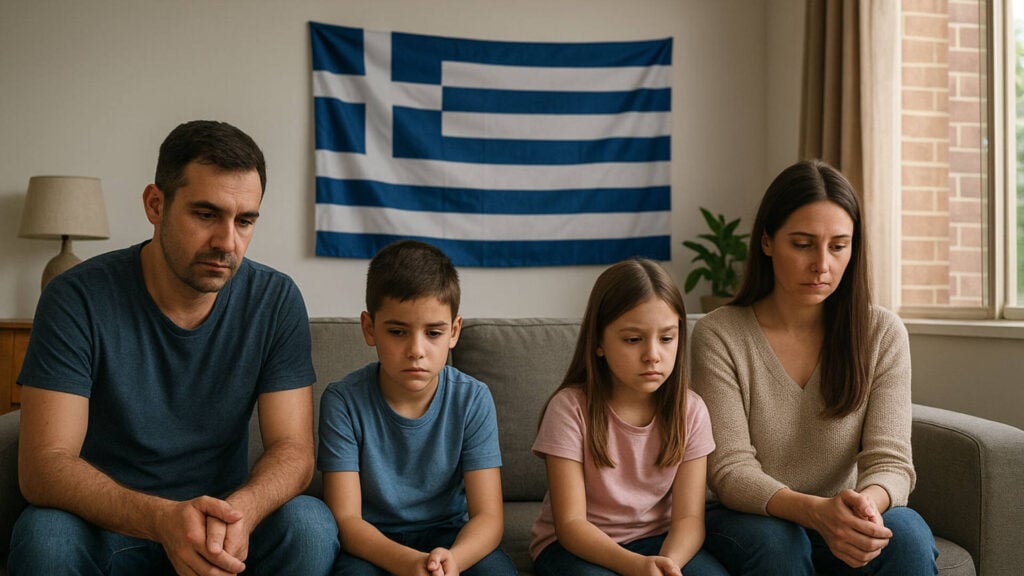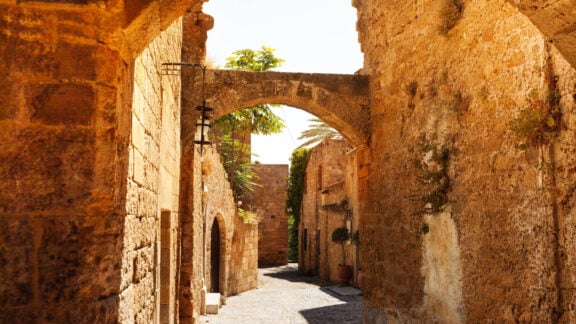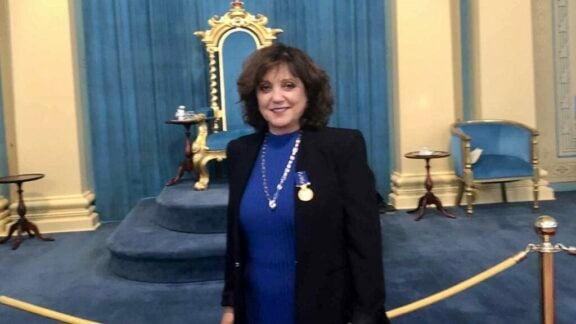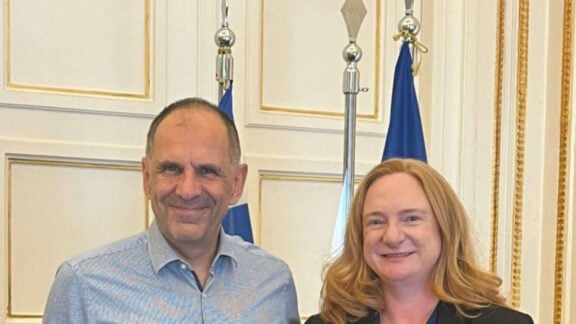Many migrant couples who have arrived in Melbourne in recent years describe their journey as “a road paved with thorns.” In their attempt to escape the financial crisis, the newcomers of the 2010–2025 period face serious challenges that shake their relationships to the core. Greeks who took the leap toward a new beginning in a country promising fewer financial struggles often find themselves fighting a daily battle for survival and for the preservation of family unity.
A turning point under psychological pressure
“Migration was, for many Greeks, a major life decision. Along with their dreams and expectations, they also carried unresolved issues that relocation did not solve but instead magnified,” says psychologist and family therapist Kostas Kiomourtzis, who spoke to Neos Kosmos about the challenges newly arrived Greeks face. “Life abroad brings new difficulties, an unfamiliar culture, language barriers, and the absence of family and friends. Without a support network, many experience loneliness, making communication within the family even more vital.”
“For some families, this change became a chance to grow closer and overcome hardship. For others, it exposed deeper cracks and led to crisis or separation. Migration is a test, it can unite people or drive them apart,” Kiomourtzis adds.
Professional and identity struggles
Many migrants arrived in Australia with strong qualifications and work experience, expecting to quickly find employment in their fields. The reality, however, has been far more complex. Despite speaking English, they face barriers such as certification requirements or non-recognition of degrees, forcing many to take jobs far below their skill level.
“We came with our degrees and the dream of a stable career. Instead, I found myself in unfulfilling jobs, constantly anxious about the future,” says Panagiotis, 48, who arrived in 2016 and recently divorced. “I had to requalify for a profession I already held a degree in, with distinctions from Greece.”
This loss of professional identity adds enormous strain at home.
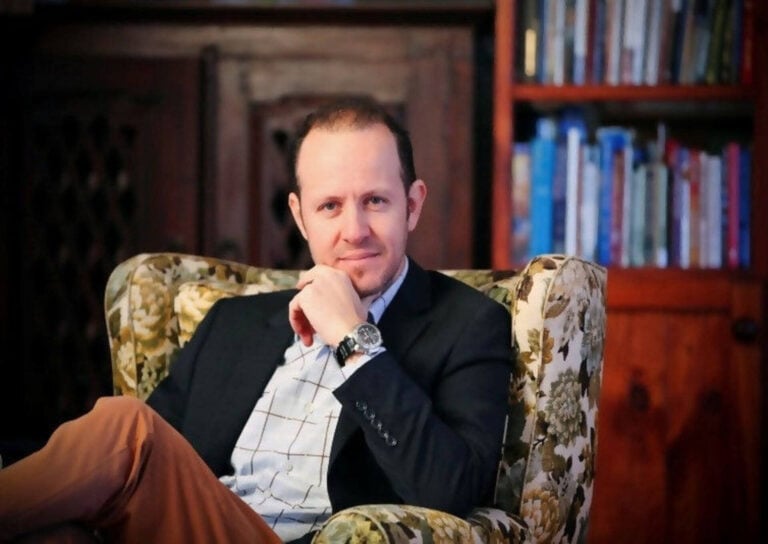
Photo: Supplied
Financial pressure and Melbourne’s cost of living
Melbourne’s high cost of living quickly erodes the perceived financial advantage of migration. School fees, rent or mortgages, and daily expenses create constant tension. Couples often work opposite shifts just to make ends meet, leaving little time or energy for connection.
“I work nights at a restaurant; my wife works mornings in an office. We barely see each other. When we do, we only talk about bills and problems. Our relationship feels more like a business arrangement than a marriage,” admits Nikos, 36.
While it’s difficult to draw definitive conclusions about divorce rates post-COVID, marital difficulties among newly arrived Greek migrants are increasingly visible. “I see many couples seeking help to address serious relationship issues,” says Dr Eleni Kalambouka, co-founder and principal psychologist at Life Resolutions in East Melbourne.
Families with children face even greater stress. “Children and adolescents have their own challenges, adapting to a new education system and processing the emotional impact of migration. Parents must manage not only their own financial and emotional strain but also their children’s,” explains Kalambouka.
“Although women more often initiate divorce, they also carry the heaviest burden, since they are usually responsible for raising the children, often at the expense of their professional and personal development,” she adds.
Digital connection, emotional disconnection
A unique challenge for this generation is the constant digital link to Greece. While social media offers connection, it also deepens homesickness and emotional confusion.
“We constantly see our friends and family in Greece, their gatherings, celebrations, and feel an enormous void. It causes tension between us about where we belong. My husband wants to return; I don’t,” says Maria, 42, currently going through a divorce.
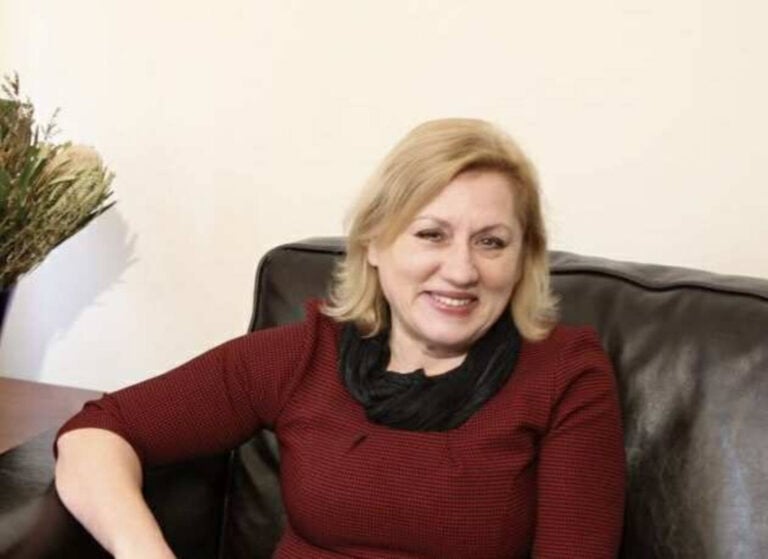
Photo: Supplied
The loss of social fabric and moral “village”
Another factor is the sudden disappearance of the traditional social structure that once surrounded Greek couples. Unlike earlier migrants who settled in close-knit communities like Oakleigh or Brunswick, many newcomers are dispersed across suburbs according to affordability. Without that built-in social network, feelings of isolation grow.
“In Greece, everyone knew each other, there was social accountability,” recalls Viki, 54.
“Here, no one knows you. My ex started going out with colleagues, coming home late. Back home, everyone would have noticed. Here, anonymity hides everything.” This lack of communal visibility can lead to infidelity and secrecy, eroding trust and intimacy.
A call for community and institutional support
The Greek community and welfare services now face a modern challenge that requires equally modern responses. “We need support groups tailored for these families, psychological services that understand Greek migrant culture and effective career guidance for integration,” says Kalambouka.
Couples are encouraged to seek professional help early. “In counselling, couples find a safe, neutral space for honest dialogue to decide whether to rebuild or separate respectfully. Especially when children are involved, therapy helps create a cooperative and healthy co-parenting relationship,” explains Kiomourtzis.
Between the dream and the reality
The struggle faced by this new generation of migrants differs greatly from that of their grandparents. They came equipped with degrees, skills, and digital literacy, yet many find themselves emotionally stranded between the dream of Australia and the pull of Greece. Without adequate support, that dream can easily become a nightmare.
Still, Kiomourtzis remains hopeful: “The message to young couples is optimistic — challenges, when faced with honesty and mutual understanding, can become opportunities for growth and renewal, even far from home.”
